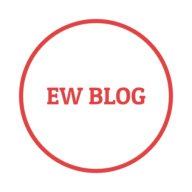
Sage, author, storyteller, sculptor, seer, academic, politician and traditional healer, Vusamazulu Mutwa was a phenomenal selfless being. A priceless gift to Africa. He was like Google on two legs. An honorary doctorate of sorts would have been befitting for him. But, alas, we, South Africans are in the habit of singing our hero’s praises late, or after they have passed away. His immense contribution to the preservation of African indigenous knowledge via books, sculptures, paintings and word of mouth was invaluable.
I am happy to have made Indaba, My Children my lockdown read and have managed to finish and to make sense of the 696 pager. In his debut book, Mutwa documented Black life and existence in pre-colonial and the early colonial era. It is a lyrical, informative and well-penned offering of poems, legends, reflections, and documentation of actual historical events. He covers abantu’s childbearing and rearing, marriage, medicine. education, justice, land, food, animals and customs.
He helps contextualize the meaning of words like savage, civilization, heathen, witchcraft and primitive. A necessary body of work which affirms Black greatness, resourcefulness, wisdom and resilience. A testimony that Black people were pathfinders in many fields before Africa was colonised, misrepresentation of the Black history by non-Black historians and, the African belief of keeping knowledge and information a secret, to be divulged only to the Chosen Ones, motivated Mutwa to write, and to reveal all, to educate and to prevent erasure.
He draws extensively from his travels all over the world, lived experience, African mythology, Christian and African religions. A book that reflects who Blacks are, their roots and origin. A coping mechanism as we manage the duality and double standard that has become our current existence. Furthermore, it is a reminder that African religion is not witchcraft.

